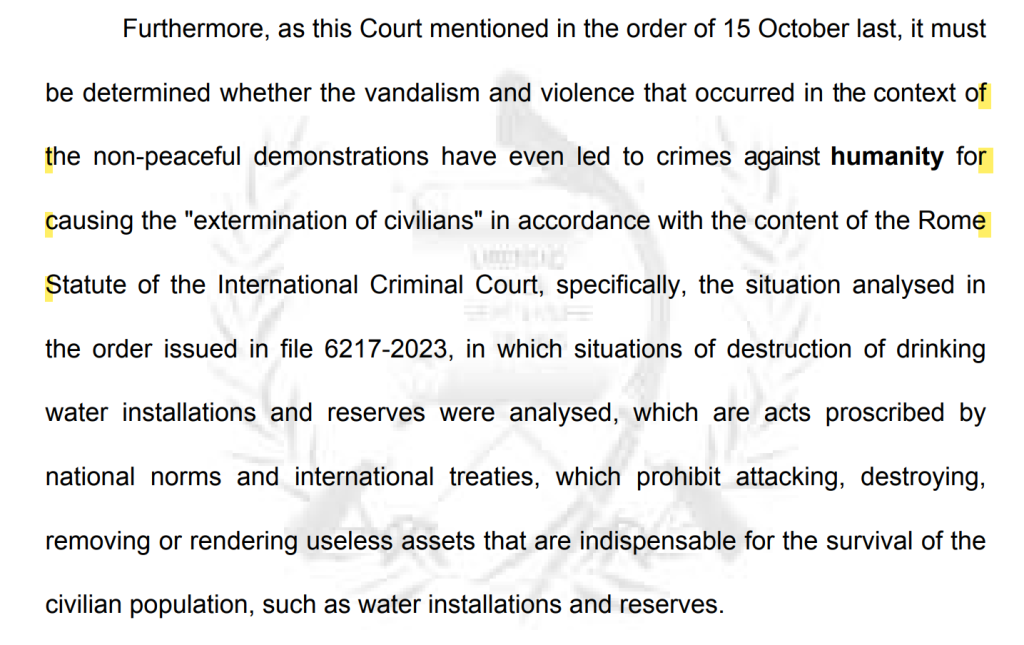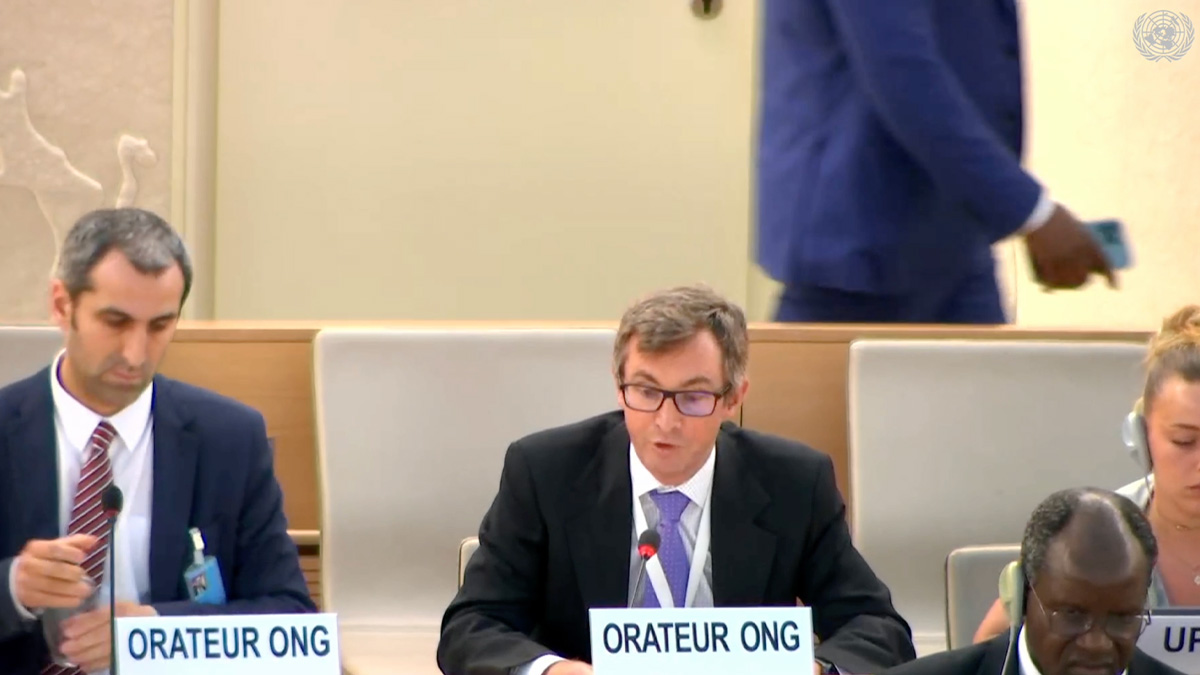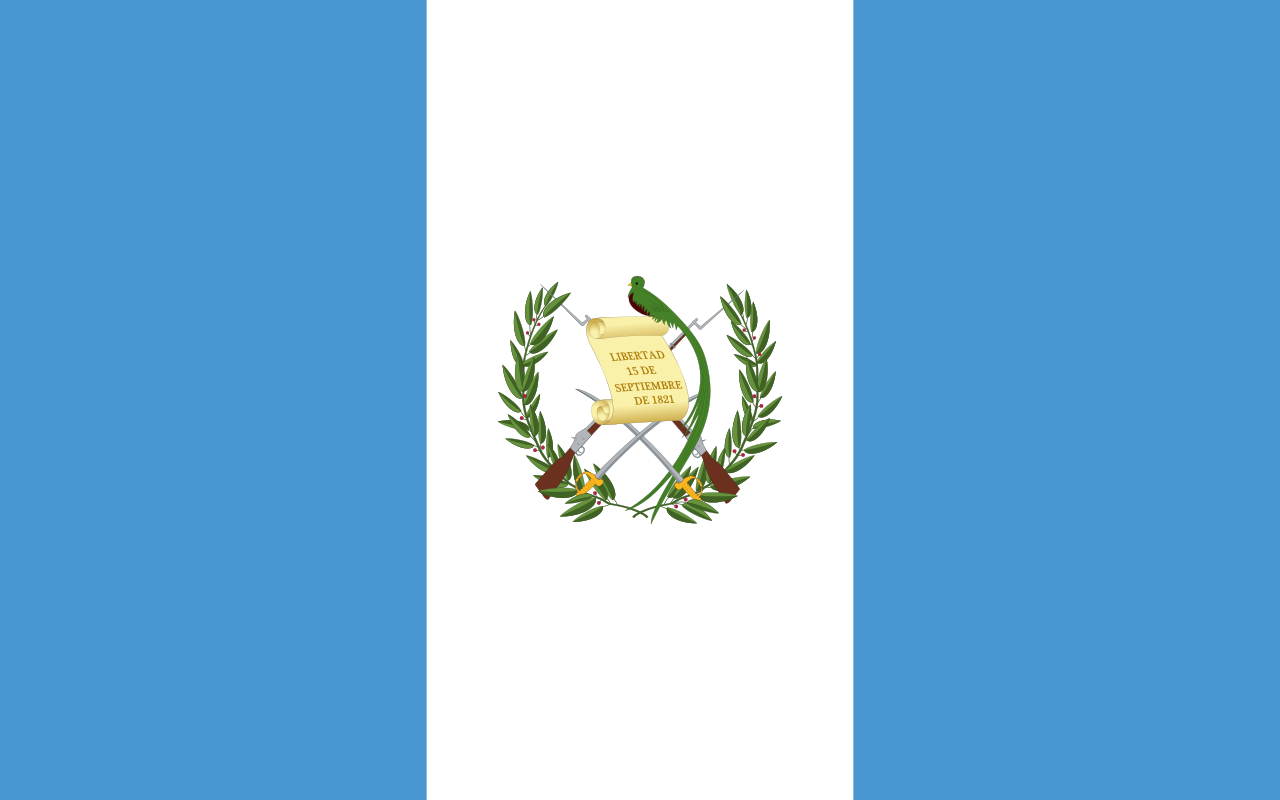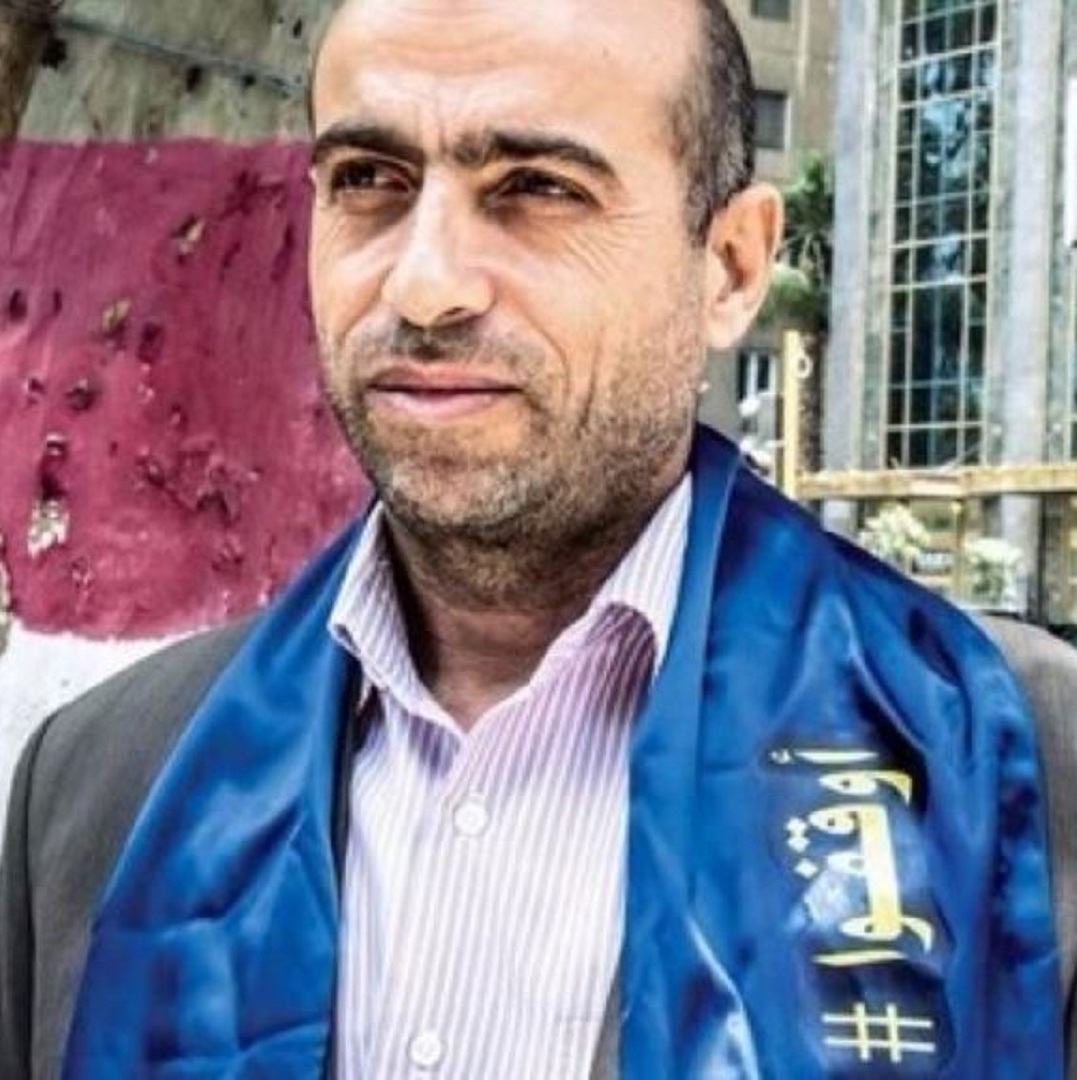On 24 October, ISHR joined a statement signed by over 40 national and international organisations expressing concern at the attempts of the Guatemalan government to stigmatise and criminalise the thousands of human rights defenders who have taken to the streets to defend their democracy.
The Guatemalan crisis
Guatemala is currently going through what is being called a ‘technical Coup d’Etat‘, prompted by the unexpected victory of the progressive party ‘Movimiento Semilla’ in the national elections. From 12 July onwards, various actors (chiefly the Prosecutor’s Office and the Judiciary) have taken steps to prevent the President-elect from accessing power – even by trying to overturn the elections.
Responding to this, Guatemalans both in and out of the country have taken to the streets to defend their democracy. Indigenous peoples have been at the forefront – both as protestors and as leaders. Several ancestral authorities (including the 48 Cantons of Totonicapán and the Indigenous Municipality of Sololá) have organised protests and national strikes that were then joined by other sectors of civil society. The Guatemalan people have joined efforts on the side of protestors, including by providing medical services, entertainment and basic necessities.
While protests started in July, they reached their highest point in October, after the decision of several Indigenous organisations to start an indefinite national strike. With hundreds of thousands of Guatemalans protesting in the entire territory, these have become the largest mobilisations in the history of Guatemala. Despite the sheer scope of the movement, only isolated instances of violence have been reported, even fewer have been documented (on more than one occasion being started by counter-protestors or what are believed to be rioters sent by the government).
Despite this, the Constitutional Court has called some protests an ‘abuse of the rights of assembly and demonstration’ and authorised the police (and even the army) to disperse them if deemed necessary. On 18 October, the Court even stated that some protesters may have committed ‘the crime against humanity of extermination of civilians under the Rome Statute’, while others, the Court stated, may be committing ‘the crime of obstruction of justice by protesting in front of governmental buildings’.

Credit: Constitutional Court of Guatemala. Unofficial translation.
This is a gross misinterpretation of the law, not in the least because crimes against humanity can only be committed ‘[…] as part of a widespread or systematic attack […] pursuant to or in furtherance of a State or organisational policy’. Such a serious accusation must not be made lightly, especially considering the isolated nature of the incident within a historic movement in the country.
As the Special Rapporteur on the rights to freedom of peaceful assembly and of association, Clément Nyaletsossi Voule has recommended, States should ‘halt hostile rhetoric that stigmatises peaceful protests, such as portraying them as destabilising and as a threat. States must create an enabling environment, including by facilitating a dialogue with protesters and inclusive processes to ensure meaningful participation of all groups in society when seeking solutions for resolving a crisis’.
Guatemala must protect human rights defenders
‘Peaceful protestors are brave people who stand up to defend the right of all citizens to democracy and to a more equal and just society. They are exercising their political rights, and those to freedom of expression, assembly and to defend human rights. The Guatemalan government has an obligation to protect them, not hinder or stigmatise them’, said Javier Urízar, ISHR’s Legal officer in Guatemala.
‘As ISHR, we express our solidarity with the Guatemalan human rights defenders who are on the front lines defending democracy and human rights, this is why we signed this statement. We call on the international community to do the same and hold to account those responsible for trying to subvert the free will of the Guatemalan people. Finally, we call on the Guatemalan government to respect the right to defend human rights and the already certified electoral results’, he concluded.





